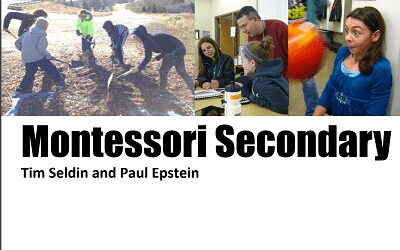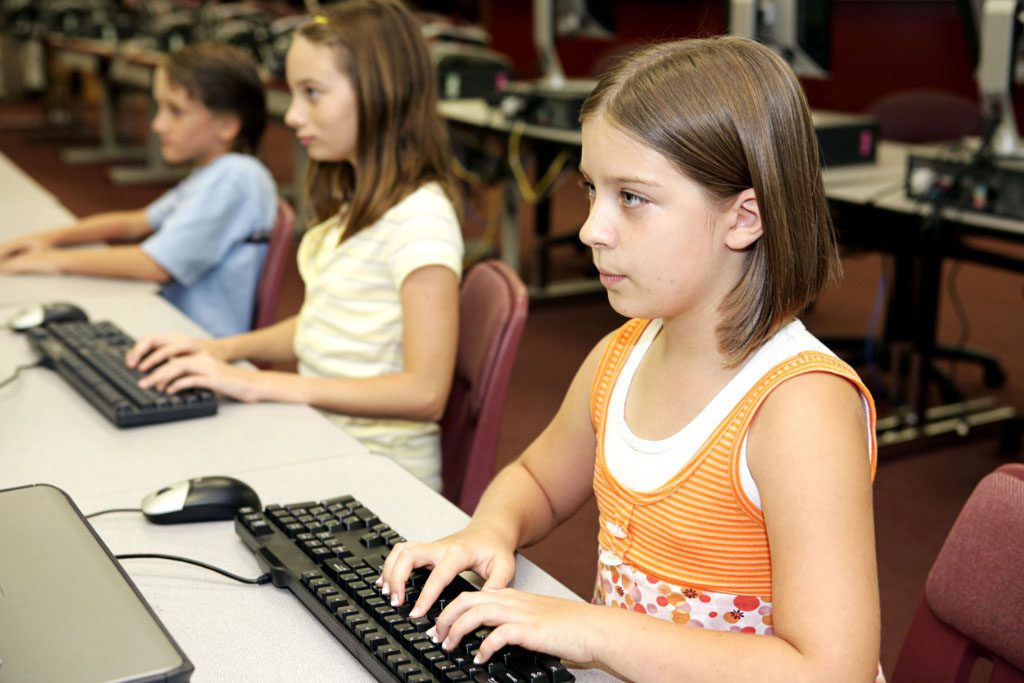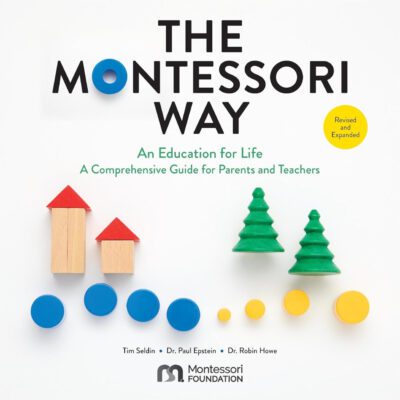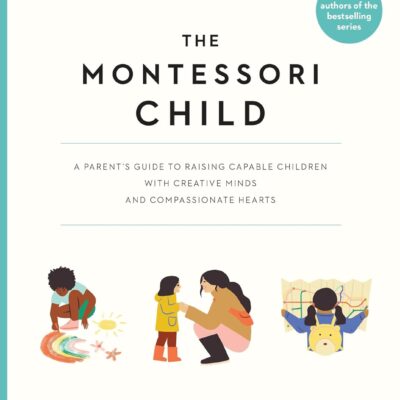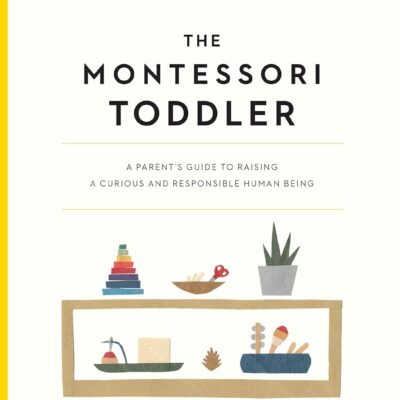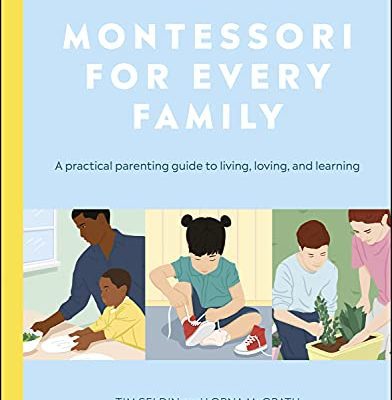The typical end-of-year standardized tests that many schools administer are summative accountability assessments meant to measure grade-level proficiency on a broad range of skills and knowledge or serve as a formal end-of-year exam for a specific high school level course.
They are normally administered once a year or at specific grade levels. The scores count; these tests are meant to yield a score that will be part of a student’s annual record and, pooled with the scores of other students, to paint a picture about how well students perform in a given class, school, or across a school district. They are described as high-stakes exams, because they typically are administered to all students at the same time, over many hours, and across several days.
In many schools, teachers know that their teaching performance will be judged almost entirely on the basis of how well their students perform on the exam.
Principals and other school administrators often feel similar pressure to produce good results.
Summaries of the test results are often published in local newspapers, and schools are rated on the basis of their students’ test results. This tends to encourage teachers to focus on preparing children to take the tests, and, since those skills and facts will normally be judged in very specific ways, in general, teachers are encouraged to teach what will be on the test and not to waste time teaching what will not.
This is very different from the way Montessori schools tend to think about the learning process and assessment. For us, assessment is ongoing.
We tend to care little about how children compare against each other, at least not in terms of imagining them to be in a competition for the highest grades.
We focus on students as individuals and, thus, want to follow their progress as individual learners.
Assessment is used primarily to support learning rather than to measure it.
This approach to assessment is usually called developmental or formative evaluation.
Montessori teachers do this in a variety of ways, which include: observation; challenging students to solve specific problems; asking them to collaborate with or teach a younger child a skill that he or she has mastered; by writing essays, working on projects; and by explaining to us how they solved a particular problem or why they did work in a particular way.
This process of assessment is informal, in that it may or may not be recorded for the student’s file, and it is subjective and dependent on the accuracy and objectivity of the teacher’s observations and notes.
It does have great merit, especially with Montessori teachers, who have been trained in careful observation and who normally spend several years working with the same students.
Formative assessment is intended to measure growth on a continuum of learning, and it differs from summative assessment in a number of important ways.
While summative assessment is intended to objectively measure students according to predetermined standards, often as a form of quality control, formative assessment is primarily designed to provide useful feedback to both the student and the teacher.
Devoid of the pressure and judgment implicit in summative assessment, formative assessment tends to be free of student stress and is hoped to engage learners in the learning process by helping them to understand their current level of skill or knowledge, inviting them to challenge themselves to work hard toward mastery.
In Montessori schools, informal day-to-day classroom activities give us evidence of ongoing student learning. Given that many Montessori materials and activities include built-in controls of error, external evaluations are seldom required to help a teacher assess learning as children tend to self-correct as part of the learning process itself. Where external evaluation is necessary, teachers try to do this as part of a reflective process that helps the child to self-correct and self-assess.
Many Montessori schools also look for a more objective form of assessment, which will provide evidence of how the students are progressing. This is particularly useful when parents and researchers ask for ‘proof’ of the success of the Montessori approach.
The most Montessori-friendly tests that we have found share specific characteristics:
- They are formative, rather than summative.
- They are performance-criteria referenced, rather than being based on comparative achievement.
- They give teachers specific information about what a student knows or does not know in terms of actual
- Learning objectives (skills and knowledge).
- They are relatively non-intimidating to children.
- They can be administered either online or on paper; personally, I prefer to take them online.
- They do not take several days of sitting exams to complete.
- If a child stops partway through, for whatever reason, they do not lose their work and can pick it up when they’re ready to resume, whether it’s that day or later.
- Teacher supervision is really not required except for minimal extent, allowing the teacher to have one or two children or more take tests whenever they’re ready.
- To be useful, a performance exam needs to be something that can be taken two or three times over the course of the year, giving the child, teacher, and school administration a baseline to show how the child is continuing to progress in terms o learning specific skills and knowledge.
- Finally, the assessment ought to suggest what a child needs to learn next.
My current favorite is the performance series by Scantron. http://www.performanceseries.com
The Scantron Global Scholar Performance Series offers a benchmark that only takes about 45 minutes to an hour for the average child to complete. The test begins at the level that the child might be able to do and becomes easier or gets harder in each area that is being evaluated, until the child is no longer able to do the work accurately. In this way, the tests adapt to the learner, rather than comparing the student against how much other students of the same age/grade know within a predefined set of questions. The Scantron series is nationally normed and can be used in most situations as an alternative to the standardized test batteries that most schools will give once a year or at the end of specific grade levels.
This test costs between $12 and $15 a year per student, which allows teachers to assess student learning in a number of areas, including: math; reading; vocabulary and basic language-arts skills; and science from kindergarten through the twelfth-grade level. For a little more expense, you can get Lexile scores that show on what grade level the child is able to read.
This kind of test may not be able to replace a standardized achievement test battery but can yield similar information about a learner’s academic progress. The question would be whether a school is required by law to administer a state-mandated test or to chose one from a list approved by the state schools.
There are valid arguments both for and against testing. It is important to be clear on exactly why you are administering tests and to do so in a way that supports Montessori’s educational aims and principles rather than undermining them. In order to do this, the tests should be beneficial, first and foremost, in terms of the child’s development.
While the Scantron Performance Series is the best that we have found thus far, it is not specifically written with Montessori students in mind.
Ideally, students would have access to skill-specific assessments that reflect the Montessori approach, with which they are familiar, in addition to traditional approaches. Students could complete these assessments, when they, themselves, feel ready. Their individual results would highlight (for students) the areas in which they need further review and areas in which they are fully prepared to move forward.
An assessment that combines both a Montessori approach and a traditional approach for assessing knowledge of a skill/concept provides valuable insight that assessments containing only one approach will not. Specifically, such a hybrid assessment will demonstrate if, when, and where a student might be struggling to translate a concept from within the context of the Montessori materials to a more traditional context. This is of particular concern in the areas of mathematics and science.
Formative assessments can equip students with a valuable tool for self-evaluation and provide them with insights for managing their personal academic growth in an effective manner.
Montessori Leadership / 2013 / pg 6

